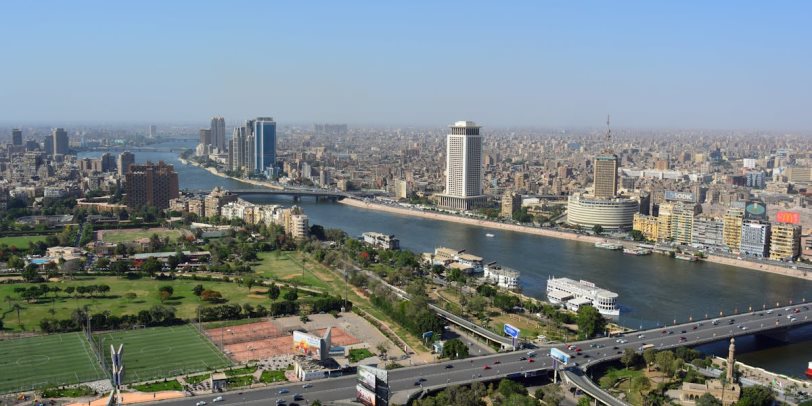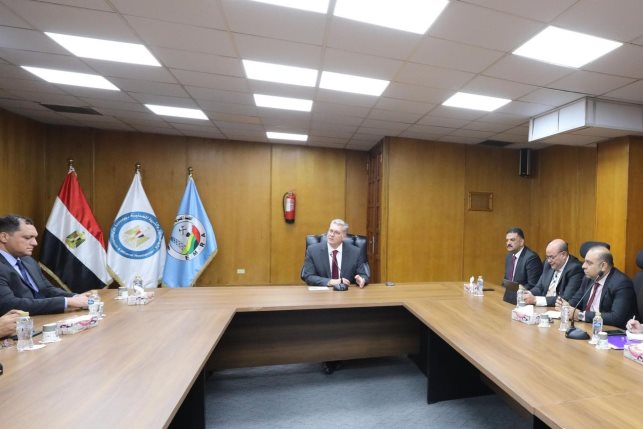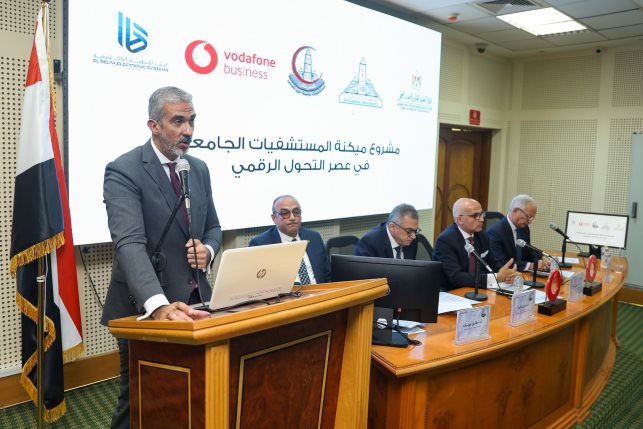Egypt's Multidimensional Poverty Index: Advancing Sustainable Development
The global Multidimensional Poverty Index (MPI) measures acute multidimensional poverty across more than 100 developing countries.

United Nations Sustainable Development Goal 1 aims to end poverty in all its forms everywhere in the world. The global Multidimensional Poverty Index (MPI) measures acute multidimensional poverty across more than 100 developing countries. It does so by measuring each person’s overlapping deprivations across 10 indicators in three equally weighted dimensions: health, education and standard of living.
Egypt’s recent adoption of the MPI framework marks a significant shift in the country’s approach to tackling poverty. This initiative, highlighted in expert discussions featuring UNESCWA, OPHI, and UNICEF, represents a commitment to comprehensive, data-driven strategies aimed at enhancing the quality of life for Egypt’s most vulnerable populations.
Strategic Importance and Regional Influence
As a pioneer in multidimensional poverty measurement, Egypt’s integration of the MPI framework is anticipated to reshape its poverty reduction strategies.
Sabina Alkire, Director of the Oxford Poverty and Human Development Initiative (OPHI) emphasized that this framework can transform social policy by providing tailored, multidimensional data addressing critical indicators like access to education, healthcare, and living standards.
Rola El Dashti, Executive Secretary of UNESCWA, noted that Egypt’s experience offers valuable lessons for guiding similar initiatives across the Arab region, fostering collaboration and knowledge-sharing among countries facing challenges such as unemployment and urban poverty.
Customizing the MPI for Egypt’s Needs
Implementing the MPI successfully involves customizing its indicators to reflect Egypt’s unique socioeconomic profile. Khalid Abu-Ismail of UNESCWA highlighted the importance of a participatory approach that incorporates national programs such as Vision 2030, “Decent Life,” and other key initiatives. Alkire emphasized the necessity of regular re-evaluation and the integration of the MPI with Egypt’s national data systems to ensure it remains adaptable over time. This approach supports policies that respond effectively to changing dynamics and reinforces resilience.
The MPI framework’s value extends beyond data collection; it is essential for shaping policies and social programs. According to Nathalie Meyer, Acting Representative of UNICEF in Egypt, MPI data can provide detailed insights into the specific deprivations faced by children and women, allowing for targeted social interventions. This data-driven approach ensures efficient resource allocation and encourages cross-sectoral collaboration among health, education, and social service sectors. For example, using MPI data to identify overlaps between education and nutrition challenges can lead to more integrated programs that improve child welfare holistically.
Monitoring and Evaluation for Sustained Impact
Continuous monitoring and evaluation are critical for the success of the MPI framework. Dr. Abu-Ismail underscored the importance of periodic, disaggregated data collection at local and regional levels to capture real-time changes in poverty and identify emerging needs promptly. Establishing a feedback loop between MPI data and policymaking enables Egypt to refine its poverty reduction strategies and make necessary adjustments. Utilizing digital tools and innovative data collection methods can streamline this process, ensuring the framework’s continued relevance and impact.
The Role of International Cooperation
International cooperation is crucial for sustaining Egypt’s poverty reduction efforts. Experts highlighted that data-sharing platforms and technical assistance provided by organizations such as UNESCWA can enhance governance. UNESCWA’s capacity-building programs support the integration of MPI data into policy planning and help align it with Egypt’s national priorities and Sustainable Development Goals (SDGs). This collaborative approach positions Egypt as a leader within the region and an active participant in global poverty reduction discussions.





